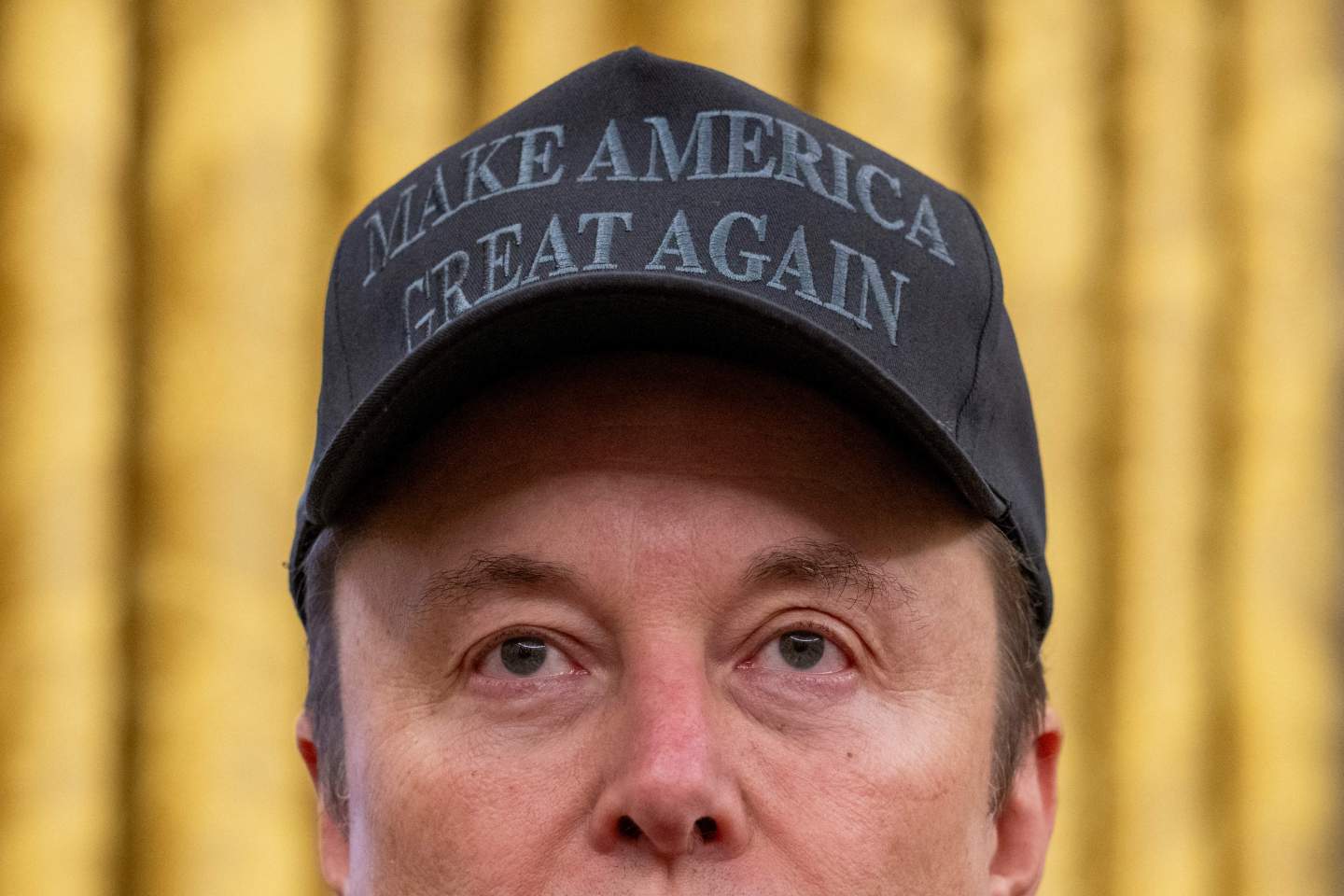Good morning. Is anyone as uncomfortable as I am about Salt Typhoon?
Sordid details about the activities of the China-affiliated hacker group, which quietly poked around the largest telecommunications companies in the U.S. for more than a year, continue to emerge months after that hack’s discovery.
The latest? Five more telcos and ISPs across the globe, not to mention more than a dozen universities, in the last two months alone.
There’s an “under-appreciation for how aggressive they are being in turning telecommunications networks into Swiss cheese,” an executive at Recorded Future, the Mastercard-owned security firm, told Wired. Yikes. —Andrew Nusca
Want to send thoughts or suggestions to Data Sheet? Drop a line here.
Musk sets May 10 deadline for cash OpenAI bid

Elon Musk and a group of investors have offered to pay $97.375 billion “in cash” for the operating assets of OpenAI, according to the official letter of intent, which sets a May 10 deadline for the offer to be accepted or rejected.
The four-page letter, which was filed in a federal California court on Wednesday, states that Musk’s party expects to conduct a detailed review of OpenAI’s “financial projections including as to the OpenAI For-Profit Entities, with a focus on the key drivers of revenue growth and EBITDA.”
The letter reveals the first concrete details about Musk’s surprise hostile bid to acquire the maker of ChatGPT. Musk’s lawyer announced on Monday that the group of investors had made an unsolicited bid for OpenAI, but the actual terms of the deal were not yet public.
OpenAI CEO Sam Altman publicly rejected the offer in a tweet on Monday, though the company’s board has yet to make an official response.
The “buyer anticipates that one hundred percent (100%) of the total purchase price would be paid in cash,” reads the letter, which adds that the “buyer will not require third-party debt financing to be a contingency to closing the transaction.”
The four-page letter, which was signed by Elon Musk, was submitted to the case file as an exhibit in the ongoing lawsuit between Musk and Altman and OpenAI by OpenAI’s attorney. OpenAI’s lawyers allege that the letter “further exposes” that a recent motion was an attempt by Musk, who is CEO of AI competitor xAI, to undermine OpenAI. —Jessica Mathews
Who will acquire Trend Micro?
Private equity firms are maneuvering to acquire Trend Micro.
Reuters reports that Bain Capital, Advent International, EQT AB, and KKR are in the mix for the Japanese cybersecurity company, which is currently valued at about $8.5 billion. (It’s listed in Tokyo.)
To little surprise, Trend Micro shares jumped by 16%—to the equivalent of about $70.35, a high not seen since 2001—to their daily trade limit on Thursday in the wake of the news.
Founded in 1988 and led by Eva Chen (no, not that one), Trend Micro competes with CrowdStrike, McAfee, Microsoft, Palo Alto Networks, and a host of other security providers. It competes in antivirus software, cloud security, endpoint security, and network security, among other areas.
The company plans to announce its quarterly and full-year results on Feb. 18.
According to earlier reports, Trend Micro has been exploring a sale since last year. If the company goes private, it would be one of the biggest leveraged buyouts in recent memory, which had subsided in the wake of rising interest rates to fight post-pandemic inflation.
It would also be an indication that the recent boom in cybersecurity interest isn’t going away soon. Last year Alphabet attempted but failed to acquire an ascendant Wiz for $23 billion; Wiz CEO Assaf Rappaport later said at Fortune’s annual Brainstorm Tech retreat that he thinks consolidation isn’t just inevitable, but necessary.
“It’s too fragmented,” he said. “We’re going to see the consolidation.” —AN
OpenAI nixes o3 model release in favor of GPT
Speaking of OpenAI: The company has canceled the release of its next AI model in favor of a “unified intelligence” offering called GPT-5.
“We want AI to ‘just work’ for you,” CEO Sam Altman wrote on social media. “We realize how complicated our model and product offerings have gotten.”
OpenAI had planned to launch o3 as a standalone model in the first quarter of this year. Now it will integrate that into its AI-powered ChatGPT platform alongside voice, canvas, search, and deep research capabilities.
Altman said OpenAI plans to offer unlimited chat access to GPT-5 at the “standard intelligence” level. Subscribers to its ChatGPT Plus service will be able to run the model at a higher level of intelligence; ChatGPT Pro subscribers, “even higher,” he said.
Before that happens, though—and with DeepSeek’s competing R1 reasoning model on the brain—OpenAI says it will release the intermediary GPT-4.5 in the next few weeks.
GPT-4.5 will be the company’s final “non-chain-of-thought model,” Altman said, compared to “reasoning” models like o3 that perform more reliably on technical topics (e.g. mathematics) at the expense of sheer speed. —AN
More data
—Adobe launches AI video generation model within its new Firefly app.
—Apple TV comes to Android phones, tablets. Service limited to Apple TV+, MLS Season Pass, MLB Friday Night Baseball.
—X settles Trump’s 2021 Twitter lawsuit over the ban of his social media accounts.
—AppLovin shares soar. AI-powered ad revenue leads to knockout quarterly results; shares are up 800% (!).
—Cisco beats revenue estimates. Q2 sales up 9% to almost $14 billion.
—Robinhood sees a post-election bump. Q4 revenue up 115% to $1.01 billion, soundly beating estimates.
—Temu, Shein sales dropped by a third or more in the first week of Trump’s China tariffs.
—Reddit shares drop by double digits. Beats Wall Street in Q4 sales but user engagement falls short of estimates.
—Top U.S. Amazon sellers are furious about the ‘avalanche’ of Chinese competitors.
—SailPoint IPO raises $1.4 billion. Enterprise security company is backed by Thoma Bravo and others.
—Google CEO Sundar Pichai says “practically useful” quantum computers are five to 10 years away.














